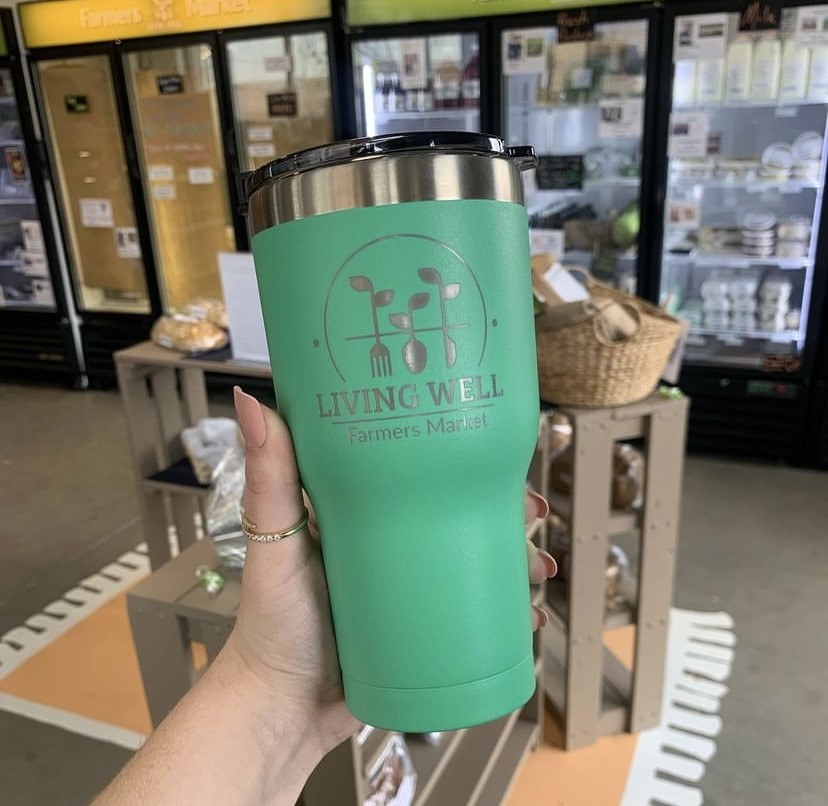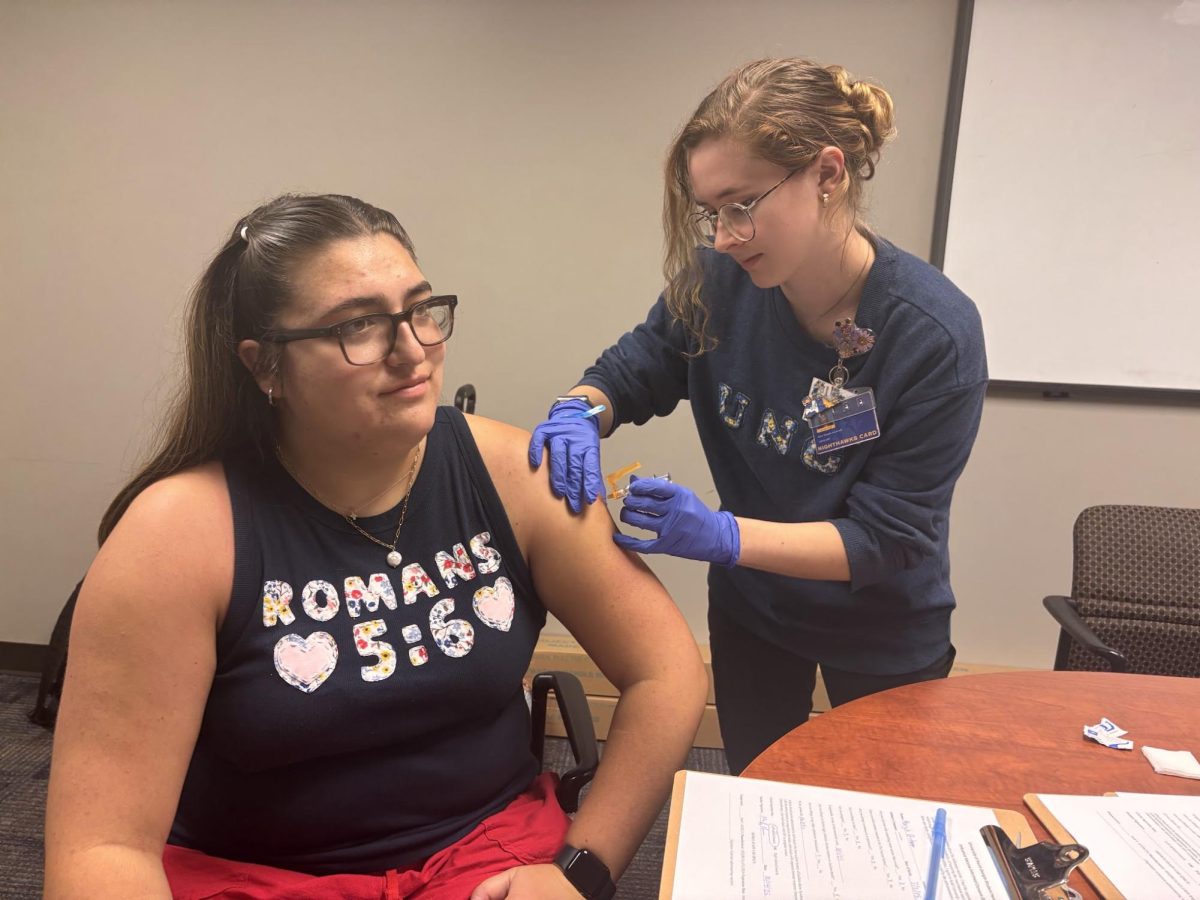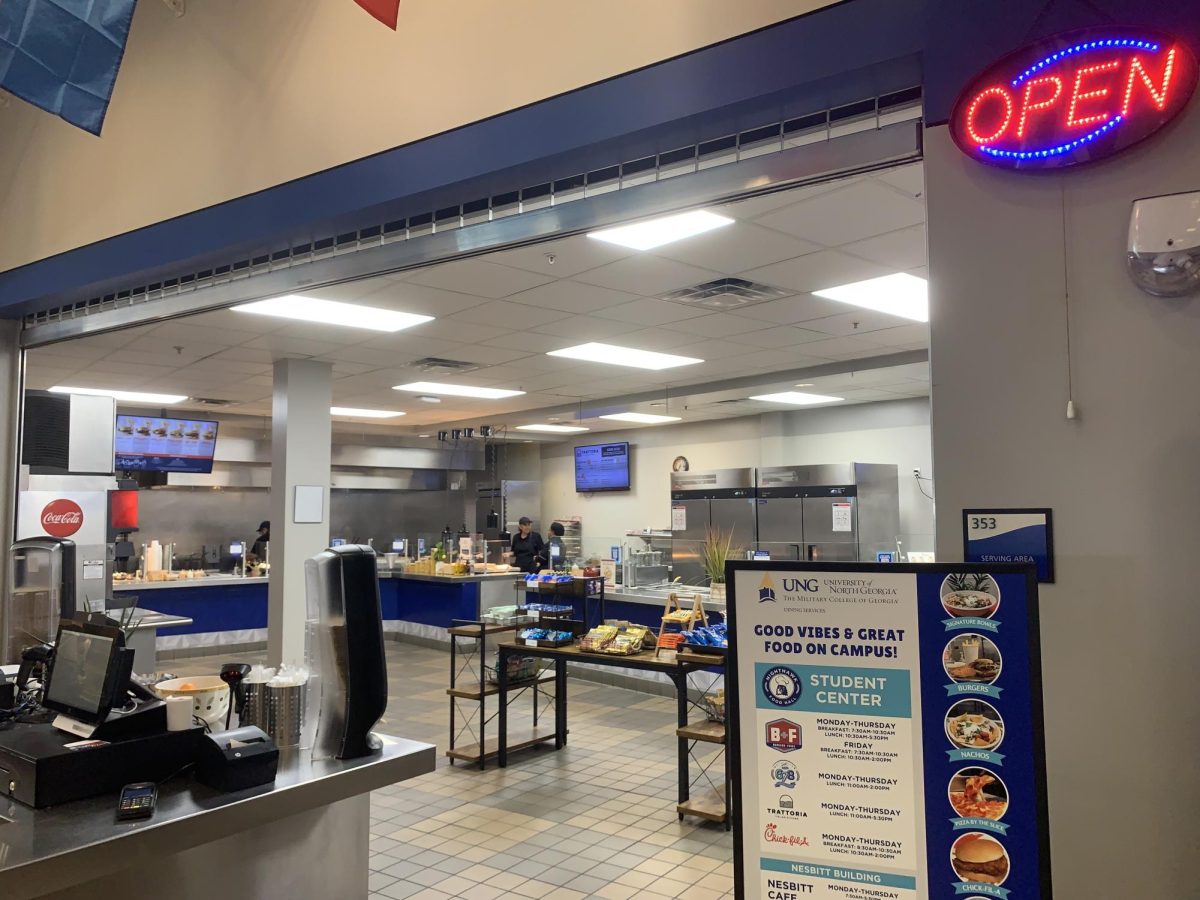Living sustainably isn’t always easy, especially for most college students on a budget. Here are 4 simple and cheap options for students looking to help the environment.
One of the easiest ways college students can reduce their carbon footprint is to invest in reusable water bottles. Currently, in the U.S., there are approximately 2 million tons worth of plastic water bottles in landfills.
“There are many other sustainable choices students can make in their diet and lifestyle to reduce the number of single-use plastic waste and help the environment.”- said University of North Georgia student, Rebecca Egan
There are tons of affordable stainless steel water bottle options at Target, Amazon, or Walmart. This one from Target is insulated, dishwasher safe, and only $6. The bottle comes in a variety of bright colors like teal or coral.
Another great way to save not just the environment, but money too is to carpool. Sharing a ride with a friend can reduce CO2 emissions in the air. Decreasing the number of cars on the road helps lessen congestion on and off campus roads and frees up space in the parking lot. According to the EPA, vehicles account for a little over one-fifth of all U.S. carbon emissions, so carpooling is a more eco-friendly and cost-effective way to get to campus.
Thrifting clothing and furniture for dorm rooms or apartments is an option for students to shop on a budget while helping the earth. Purchasing secondhand increases the wearability and lifespan of an article of clothing and can help neutralize its carbon footprint. Plato’s Closet, Uptown Cheapskate, and Goodwill are some popular and affordable options for second-hand clothing and room decor. Facebook Marketplace and eBay Inc. are some other options for discounted furniture and other home appliances.
Cutting out meat or participating in trends such as “meatless Monday” is a healthier way to get in greens while saving the earth’s ecosystem. A study done by the Environmental Defense Fund states “If every American skipped one meal of chicken per week and substituted vegetables and grains…the carbon dioxide savings would be the same as taking more than half a million cars off of U.S. roads.”
Protein sources such as beans, lentils, and other legumes are some of the cheapest goods in grocery stores. Making this plant-based switch would significantly decrease one’s grocery bill.
Environmentalism doesn’t always have to be expensive or difficult. Making small substitutions in your diet or swapping to reusable products can make all the difference.


































